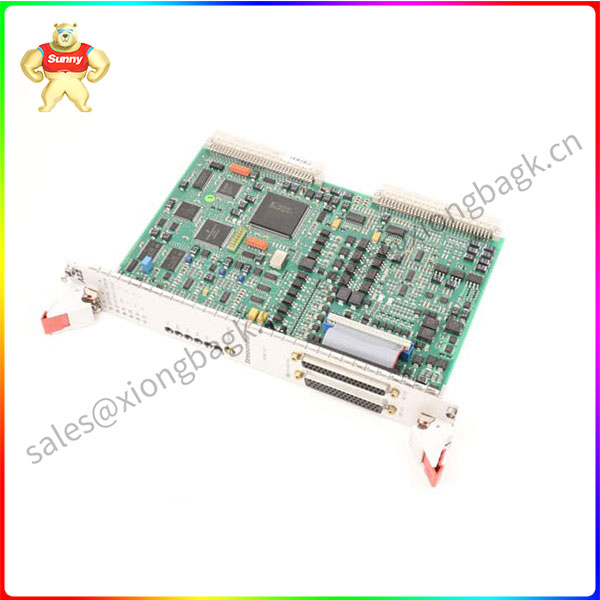Plex Systems, a Rockwell Automation leader in cloud-delivered Smart Manufacturing solutions, has released its seventh annual “The State of Smart Manufacturing Report.” According to the report, global smart manufacturing applications accelerated by 50% in 2021, and these new technologies play an important role in key challenges facing the industry. In North America (NA) and Europe, Middle East and Africa (EMEA), 84 percent and 75 percent of organizations, respectively, consider smart manufacturing “very” or “extremely” important to future success. In the Asia-Pacific region, the figure is 93 per cent.
The majority of APAC organizations said they will use smart manufacturing solutions in the “next 7 to 11 months.” For most organizations in North America, as well as in Europe, the Middle East and Africa, this timeline extends to “within the next 1 to 2 years.” From this point of view, organizations in the Asia-Pacific region are clearly applying smart manufacturing solutions at a faster rate, reflecting their optimism about smart manufacturing.
The study was conducted on more than 300 manufacturers worldwide, covering industries as diverse as automotive, aerospace, food and beverage, electronics, consumer goods, plastics and rubber, and precision metal forming. This year’s report, produced by Plex Systems in partnership with Hanover Research, provides key insights to global manufacturers on trends, challenges and future plans.
“This report aims to provide a benchmark for manufacturers to develop their technology strategies and integrate best practices in smart manufacturing so they can stay competitive and thrive.” Jerry Foster, Chief technology Officer at Plex Systems, said, “A scalable technology strategy helps businesses apply intelligent solutions incrementally and quickly to value. It is observed that manufacturers want to simplify processes and solve the challenges faced today. As a result, they now place a high value on smart technologies that can be used to address and improve real business outcomes.”

PFSK152
In addition, the results of the report show that the COVID-19 pandemic has exposed and exacerbated pre-existing problems in the manufacturing sector. Skilled labor shortages, fierce competition and supply chain disruptions are the top three challenges facing organizations in the Asia-Pacific region due to the COVID-19 outbreak. With this in mind, 93 percent of APAC organizations believe that smart manufacturing is key to their organization’s future success.
Steven Chiu, head of sales for Plex Systems Asia Pacific, said: “Asian manufacturing has been hit by global crises such as the COVID-19 pandemic and civil unrest in Eastern Europe. As a key global manufacturing hub, with manufacturing accounting for nearly half of global output, the region’s economies are now relying on the industrial sector to drive the post-pandemic recovery.”
Chiu added, “The adoption of smart manufacturing solutions, such as cloud-based technologies, has become a necessity for organizations in the Asia Pacific region to remain competitive and thrive. The results of the report show that organizations in Asia Pacific place a high value on these technologies that can be used to address and improve real business outcomes.”
The report also found that:
The global adoption of smart manufacturing solutions is accelerating. By the end of 2022, 75% of organizations will be applying some aspect of smart manufacturing. Technology and automation are driving the birth of a new generation of manufacturing, and smart manufacturing applications will continue to accelerate in 2022.
The COVID-19 pandemic has accelerated the adoption of smart manufacturing solutions. To maximize the impact of their investments, APAC organizations plan to apply automated business processes, automated processes, and supply chain planning.
More than half of the organizations surveyed believe that all manufacturing processes are important. Across all regions, including Asia Pacific, Manufacturing Executive Systems (MES) is considered the most critical or important smart manufacturing initiative at 64 percent. ERP (Enterprise Resource Planning) and Asset Performance Management (APM) followed closely. It ranks just above Quality Management Systems (QMS) and Supply Chain Planning (SCP).
Machine learning and artificial intelligence (AI) are the main technologies that organizations plan to use over the next five years. Globally, organizations primarily use data for planning, such as 46% for product planning or scheduling and 44% for process optimization. In contrast, 54 percent of APAC organizations primarily use the data they collect for AI applications.
More than 50% of APAC organizations are using cloud technologies to mitigate risk. Adopting cloud technologies, managing cybersecurity risks, and consulting experts on regulatory or compliance issues are the most commonly used strategies for risk mitigation by organizations in the Asia-Pacific region.
 中文版
中文版




